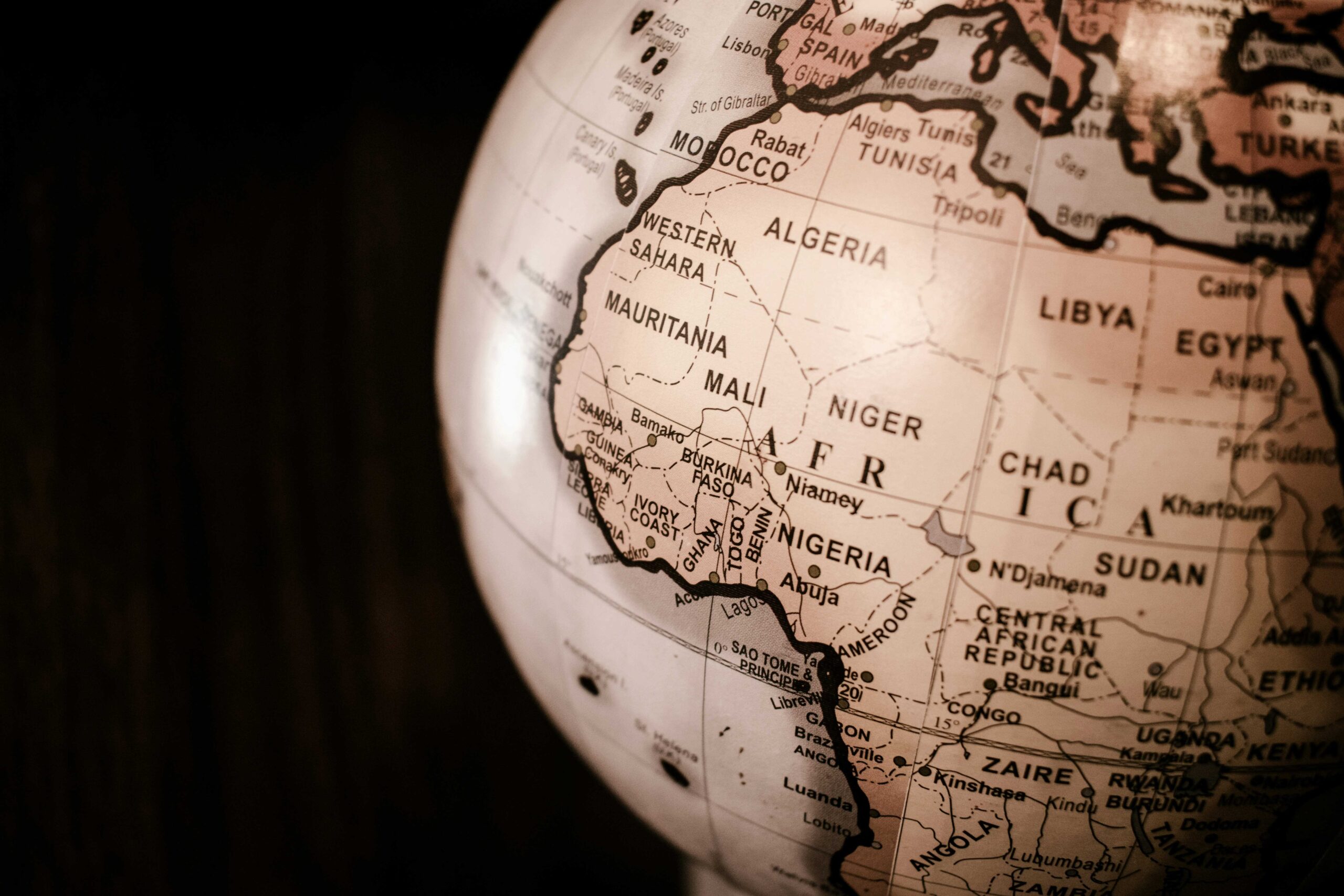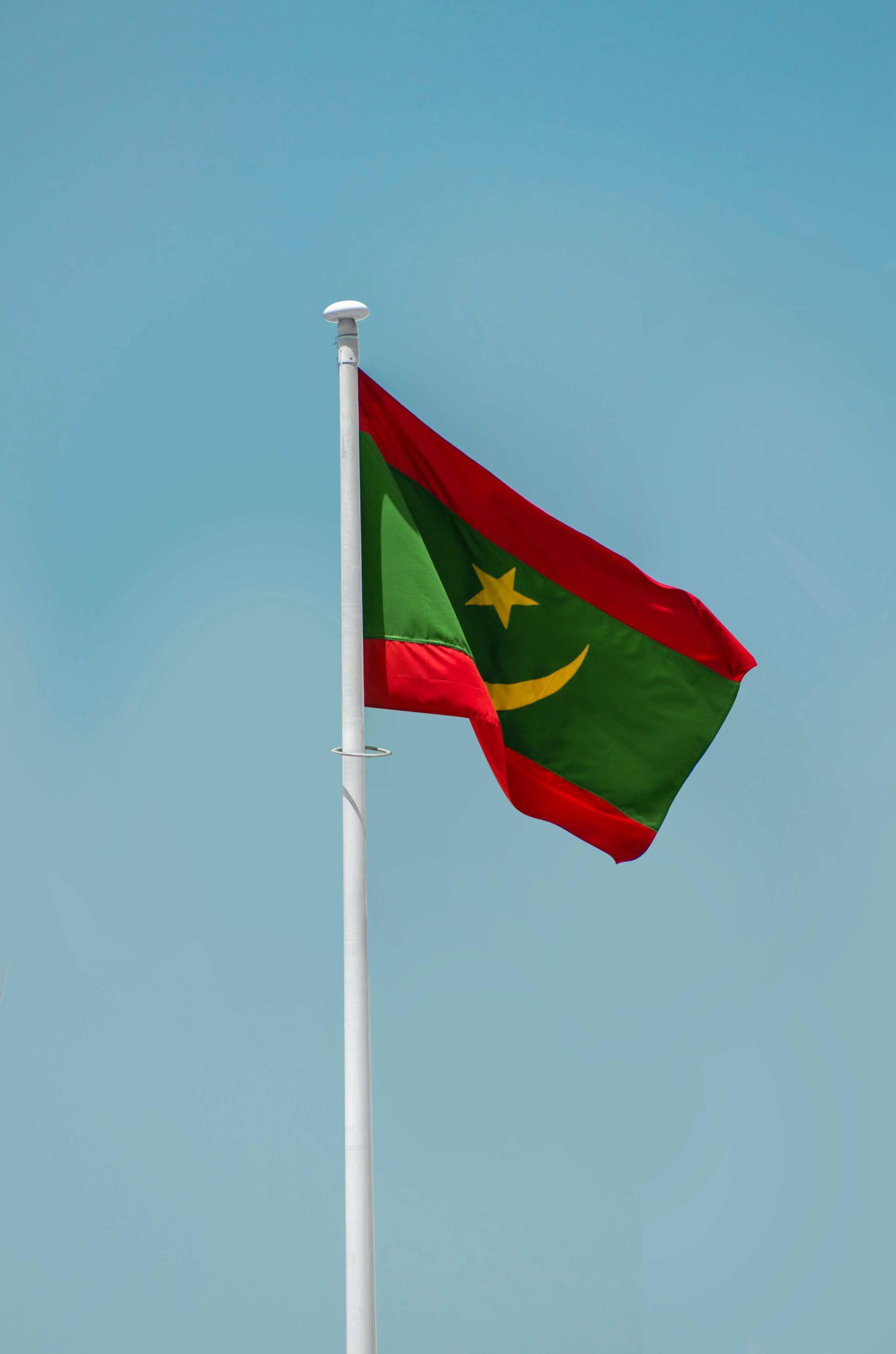It’s time to debunk the prevailing myth surrounding Africa’s economic status and uncover the truth about its hidden wealth by uncovering the richest countries in Africa. Despite the persistent stigma of poverty, many African nations are experiencing an economic boom fuelled by their abundant natural resources, particularly oil and minerals. Contrary to popular belief, these countries are not only rich in resources but are also witnessing remarkable prosperity and growth.
Understanding Wealth: Beyond GDP Per Capita
What defines a rich country? GDP per capita, the monetary value of goods and services produced per person, is a pivotal metric. Yet, to grasp the true essence of wealth, we delve deeper into purchasing power parity (PPP). This index considers local purchasing power and inflation rates, offering a nuanced perspective on economic prosperity.
Africa’s Elite: The Top 10 Richest Countries in Africa
Mauritius
GDP-PPP per capita: $29,349
Global Rank: 66
Known for its vibrant tourism industry and robust financial services sector, Mauritius boasts a thriving economy driven by tourism, finance, and sugar exports. Its political stability and favourable business environment make it a magnet for investors seeking opportunities in Africa.
Libya
GDP-PPP per capita: $24,382
Global Rank: 75
Despite enduring periods of political instability, Libya’s vast oil reserves underpin its economic strength. The hydrocarbon sector remains pivotal to its economy, with efforts underway to diversify into other sectors such as infrastructure and telecommunications.
Botswana
GDP-PPP per capita: $19,394
Global Rank: 89
Botswana’s diamond industry, coupled with prudent fiscal policies and good governance, has propelled it to economic prominence. The country’s commitment to sustainable development and wildlife conservation also contributes to its appeal as an investment destination.
Gabon
GDP-PPP per capita: $19,165
Global Rank: 90
Endowed with abundant natural resources, Gabon’s economy relies heavily on oil, timber, and manganese exports. Efforts to diversify the economy through infrastructure development and industrialization initiatives are underway to mitigate the impact of fluctuating oil prices.
Equatorial Guinea
GDP-PPP per capita: $18,363
Global Rank: 94
Despite its small size, Equatorial Guinea boasts significant oil reserves, driving economic growth and infrastructure development. The government’s focus on improving healthcare, education, and social welfare underscores its commitment to sustainable development.
Egypt
GDP-PPP per capita: $17,123
Global Rank: 97
Egypt’s strategic location, historical significance, and diverse economy position it as a regional powerhouse. With a thriving tourism industry, expanding manufacturing sector, and ambitious infrastructure projects, Egypt continues to attract domestic and foreign investment.
South Africa
GDP-PPP per capita: $16,211
Global Rank: 100
South Africa’s economy, the most industrialized in Africa, is characterized by its mining, manufacturing, and service sectors. Despite socio-economic challenges, the country remains a key player in the global economy, with a diverse economy and vibrant cultural landscape.
Algeria
GDP-PPP per capita: $13,682
Global Rank: 111
Algeria’s economy is heavily reliant on hydrocarbon exports, making it vulnerable to fluctuations in oil prices. However, the government’s efforts to diversify into renewable energy and promote non-oil sectors signal a strategic shift towards sustainable economic growth.
Tunisia
GDP-PPP per capita: $13,249
Global Rank: 113
Tunisia’s strategic location, well-developed infrastructure, and skilled workforce position it as a gateway to North Africa and Europe. With a focus on technology, innovation, and entrepreneurship, Tunisia aims to leverage its human capital and attract foreign investment.
Morocco
GDP-PPP per capita: $10,408
Global Rank: 124
Morocco’s diverse economy, characterized by agriculture, tourism, and manufacturing, drives its economic resilience and growth. Strategic investments in renewable energy, infrastructure, and education underscore its commitment to sustainable development and economic prosperity.
Image Credit: James Wiseman on Unsplash





